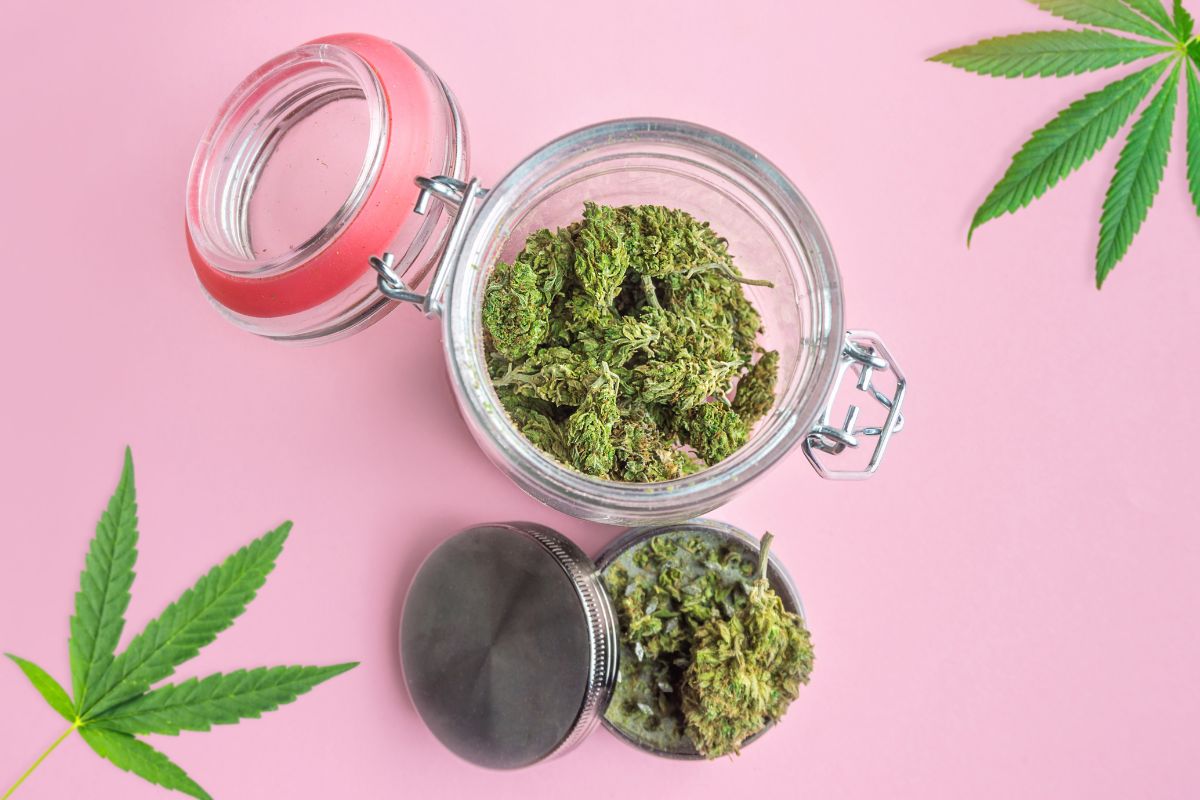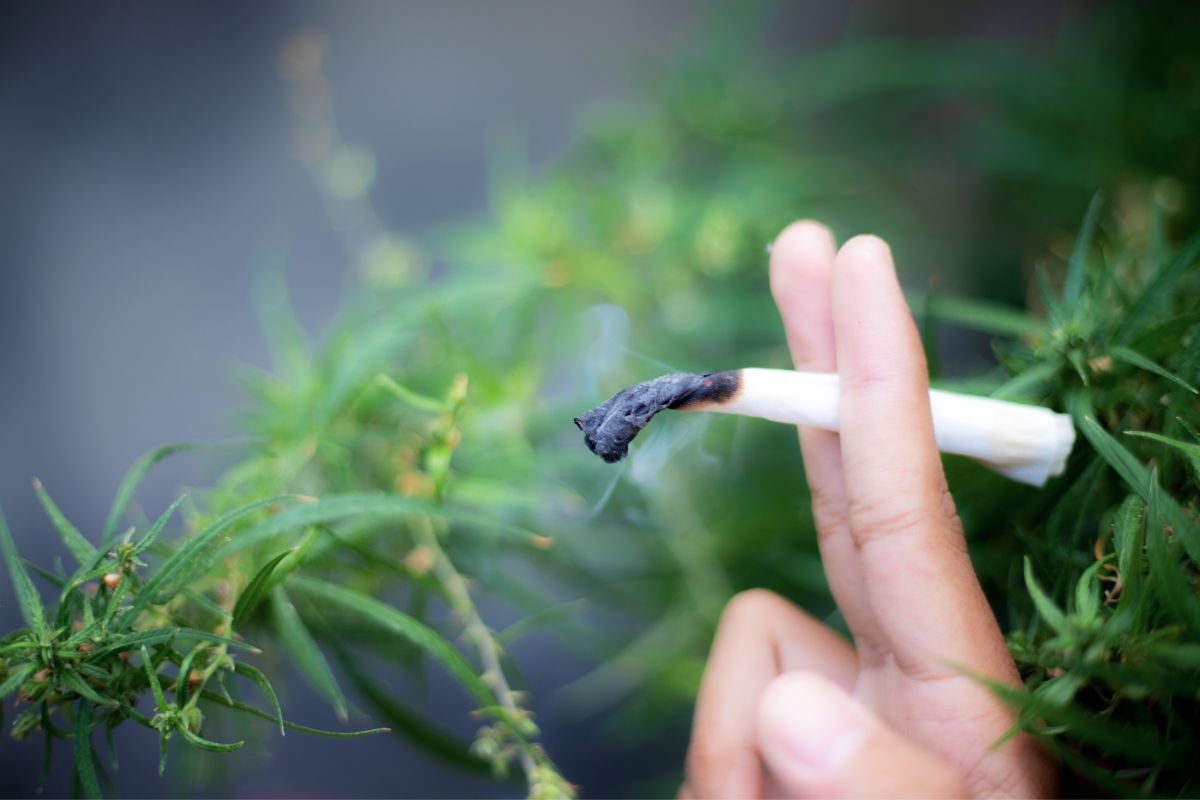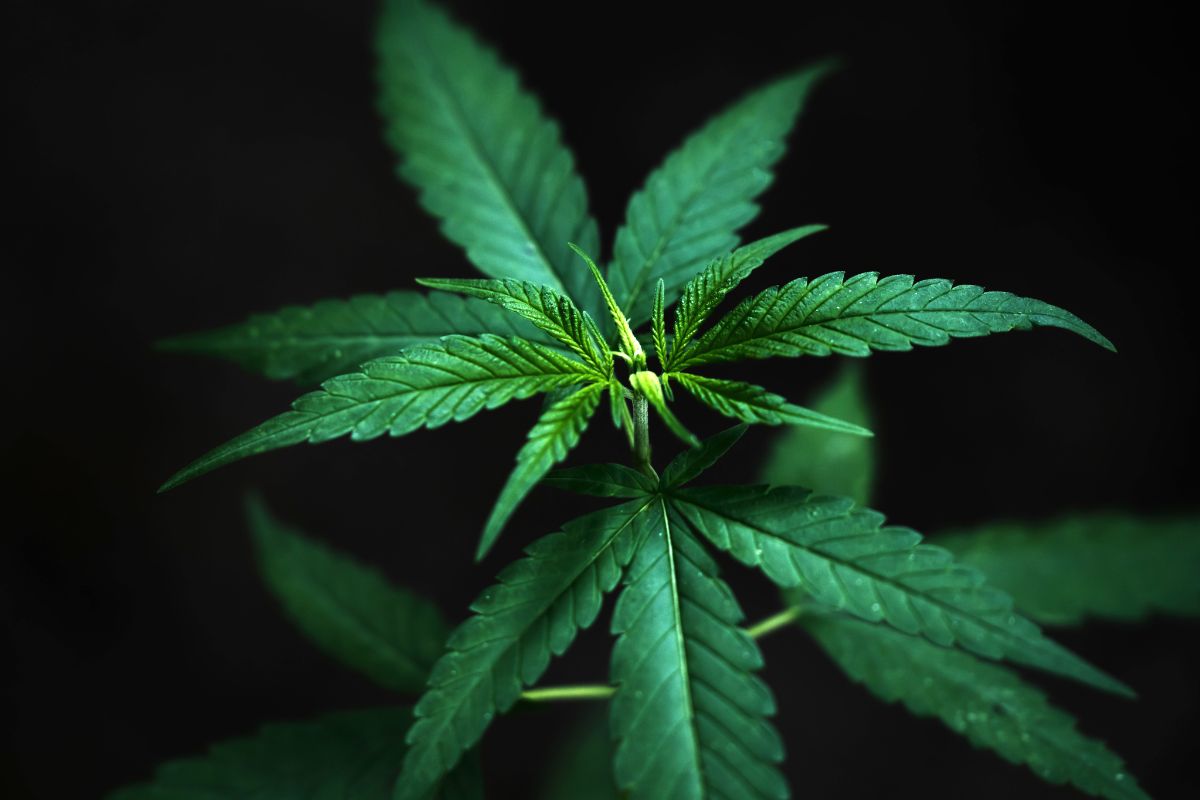When we think of cannabis, we usually think of the munchies. Pizza, doughnuts, chocolate… The image of the couch potato feasting on unhealthy snacks is the dominant image. However, there’s another side to cannabis that we don’t often talk about – suppressed appetite.
Many chronic users may go from having a stomach like a bottomless pit to feeling repulsed at the thought of food – unless they’re high. Why is that, and what can we do about it?

Let’s take a closer look at the links between cannabis and appetite, and how you can fix your suppressed appetite if you’re a chronic user.
How Does Weed Affect Appetite?
When we think about the associations between weed and appetite, we usually think of ‘the munchies’ – aka, a stimulated increase in appetite.
However, the relationship between cannabis and the human appetite is far more complex than just a simple increase in appetite.
The way that weed can affect our appetites may depend on the type of strain you’re using, how you’re consuming it, and your own physiology.
THC is the primary psychoactive component in cannabis, and it’s the big reason why cannabis causes the munchies, or an increased appetite.
This is because THC is capable of producing and releasing hormones in the body that increase our appetite and also make the taste of food far more appealing.
If you’re experiencing a chronic loss of appetite, this can make weed an extremely effective treatment for you.
However, did you know that consuming weed regularly may have the opposite effects?
Some evidence suggests that those who consume cannabis regularly may have significantly lower levels of a hormone called ghrelin – if you don’t know this is the hormone that tells the brain you’re hungry.
So, if you’re one cannabis user with lower ghrelin levels, you may actually experience weight loss and a decrease in appetite.
If you have a history of disordered eating, you may also be at risk of developing some problematic issues with food while consuming cannabis.
So, although it may have some great benefits for appetite stimulation, you should approach it with care, as it may have the opposite side effects.
Is It Hard To Eat Without Smoking Weed?
This brings us to our next question: is it hard to eat without smoking weed?
If you’ve met a few chronic cannabis users, you probably know at least one who says they struggle to eat unless they’re high. Why is that, and is it dangerous?
For some, eating when you’re not high can be difficult and sometimes, nauseating. If you know someone who’s struggling to eat when they’re not high, they’re suffering from a significant loss of appetite, which in extreme cases, can lead to malnutrition and weight loss.
Although cannabis is known to increase our appetite, for some users, this becomes the only time that they’re able to eat.
This may be due to the user’s endocannabinoid system. This complex system is made up of a tonne of different receptors throughout the body, that are tasked with regulating various bodily functions, such as mood, pain, and appetite.
When we consume cannabis, our endocannabinoid systems are activated. This is what causes the munchies, or an increase in appetite.
However, there can also be another paradoxical effect – decreased appetite. This is thought to be caused by tetrahydrocannabinol (or THC) that’s found in cannabis, and it may interfere with our body’s own ability to recognize and respond to hunger signals.
As we mentioned earlier, THC can also play a role in the production of ghrelin, the hormone that stimulates our appetite. However, in some people, this benefit may be dulled by the other compounds in cannabis, and how they work in their bodies.
It’s also thought that a few psychological factors may impact a user’s ability to not eat unless they’re high. For some, consuming cannabis has plenty of positive associations and emotions, which lead them to be triggered to consume it.
However, when these people then try to eat food without consuming cannabis, they may develop negative emotions which can make it difficult to eat.
So, yes, for some people, it can be pretty damn hard to eat without smoking weed. It’s an unfortunate side effect, and it’s pretty complex.
If you know someone whose cannabis use is causing these symptoms, it may be time to encourage them to seek professional help, as a severe lack of appetite can lead to serious mental and physical issues.

How Long Does It Take For Cannabinoid Receptors To Return To Normal?
Cannabinoid receptors are found naturally throughout the human body, and they’re most closely associated with our brains and our nervous systems.
These are the receptors responsible for the effects cannabis has on our mood, appetite, and other bodily functions.
If you’ve been smoking cannabis regularly, these receptors may have become desensitized, which can lead to a decreased response to cannabis, and some unpleasant side effects, including a lack of appetite.
How long it takes your cannabinoid receptors to return to normal after consuming cannabis for a prolonged period, can vary depending on an abundance of factors.
These factors can include how often you were smoking cannabis, how strong the cannabis was, and your own genetics and metabolism. It usually takes users somewhere between a couple of weeks and a couple of months to notice a return to normal.
The good news is that if you’re struggling to eat unless you’re high when you stop consuming cannabis, your appetite WILL eventually return to normal.
Most users report an increased appetite between a few weeks and a few months of stopping cannabis, however, you may temporarily experience an even more notable decrease in appetite while your body adjusts.
If your decreased appetite persists for more than a few months after stopping cannabis, you should consult a healthcare professional for more advice.
What Happens To Your Body When You Stop Consuming Cannabis?
If cannabis has completely wrecked your appetite, it may be time to stop smoking. Whether this is temporary or permanent is up to you, however, most users with this issue will want to take anywhere from 6 months onwards away from cannabis to see their appetite return to normal.
If you’ve been taking cannabis regularly, what actually happens to your body when you stop, and will you experience any side effects? Well, unfortunately, you probably will. However, these are usually short-lived, and if you want your appetite back, it’s worth it!
Your body will undergo several changes, depending on how frequently you use cannabis. Side effects (or withdrawal symptoms) can range from mild to severe.
One of the most common withdrawal symptoms is insomnia. Cannabis is known to mess with your sleep, and when you stop using it, you may notice that you struggle to fall or stay asleep for up to a few weeks after you stop using cannabis.
You may also experience increased levels of anxiety. Cannabis cessation may temporarily increase anxiety levels for a few weeks – but remember, this is temporary! Your body is adjusting, and soon enough, your levels will return to normal.
Other common side effects can include:
- Restlessness
- Depression
- Irritability
And these may last for several weeks.
Nausea and vomiting have also been reported in some users. It’s unclear what causes these side effects, however, they are not overly common.
Diarrhea and stomach cramps may also occur. Cannabis can affect our digestive systems. So when you stop using it, you may experience some disruption for a few days. This is more likely if you have been a chronic cannabis user for a prolonged period.
Remember: everyone’s experience is different. Your withdrawal experience will depend on your own physiology, the frequency and quantity of your use, and your own mental health status.
If you think you may need some extra support when you quit cannabis, don’t be afraid to reach out to your friends and family. Remember to talk to a qualified mental health professional if you’re concerned about your symptoms.
If your appetite doesn’t return to normal straight away, don’t worry, It may take a few weeks before you can handle eating food again without cannabis.
Your body will be under stress and adjusting to the change, so try to eat little and often, and consume healthy foods such as fruits, veggies, and whole grains to help support your immune system through the adjustment.
The Bottom Line
If you can’t eat without smoking weed, you’re not alone.
Many chronic users are caught off guard by this phenomenon, and it’s no surprise, considering we’re so often told that cannabis is actually responsible for an increase in our appetite.
However, it is possible that chronic use can mess with your digestive systems and endocannabinoid receptors, and make it hard for us to eat without cannabis, Although this is unpleasant, it’s often not permanent, and can be solved with cannabis cessation.
Although your appetite may not return to normal straight away, it’s likely to come back after a few weeks or months. Remember to be kind to your body during the process, and get plenty of nutrients and rest while your hunger levels return to normal.
- 5 Best Weed T-Shirts For Women - June 26, 2023
- What Is Stoner Girl Clothing? All You Need To Know - June 26, 2023
- What To Wear To A Cannabis Café: 10 Awesome Options - June 26, 2023










